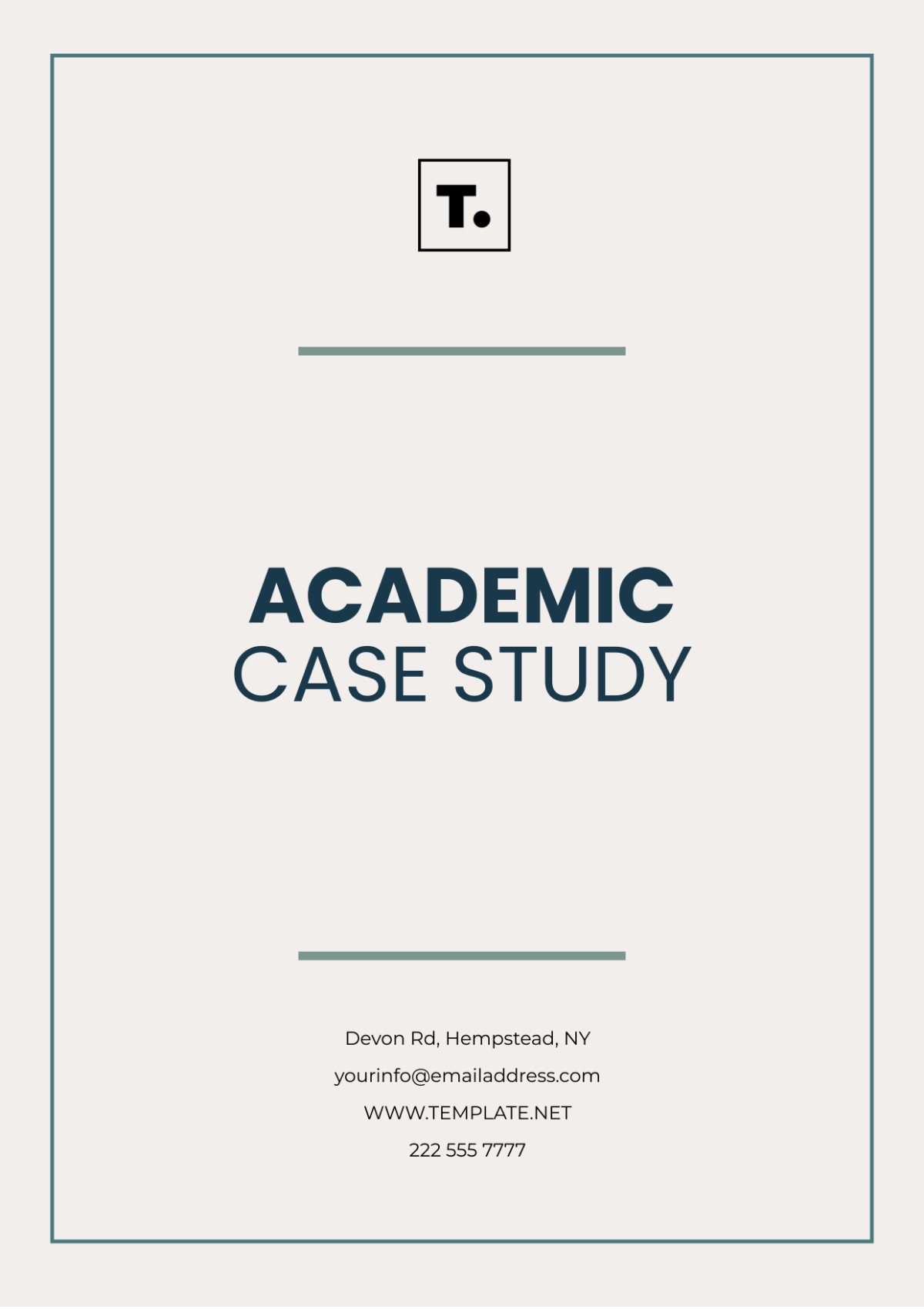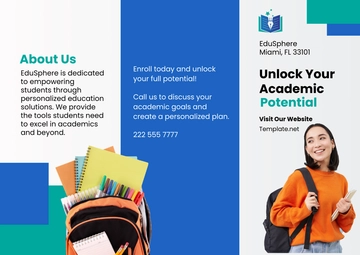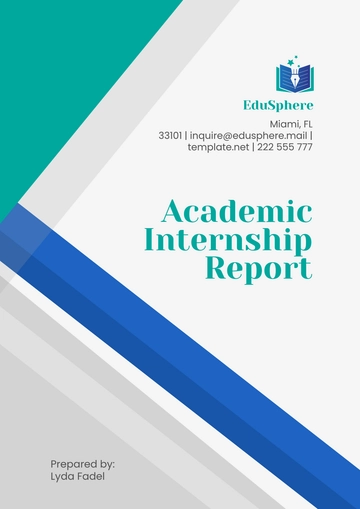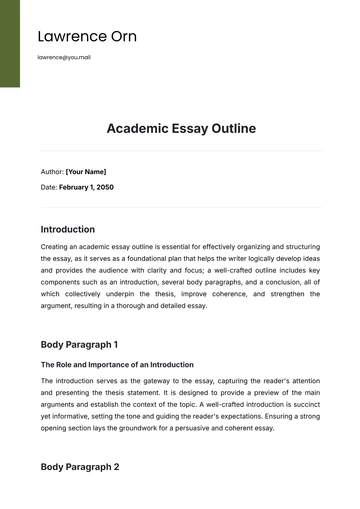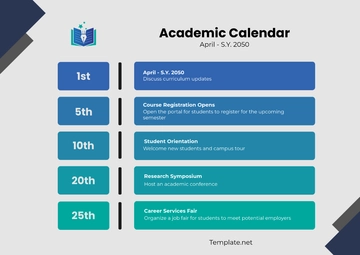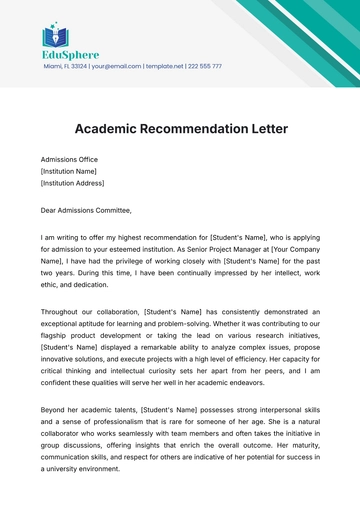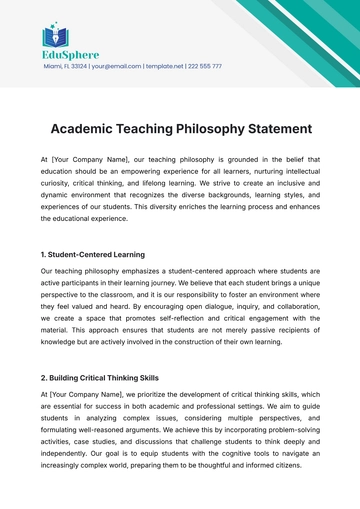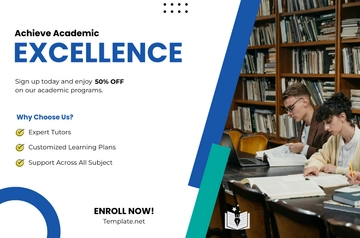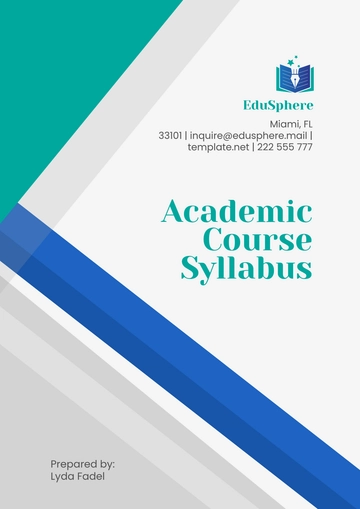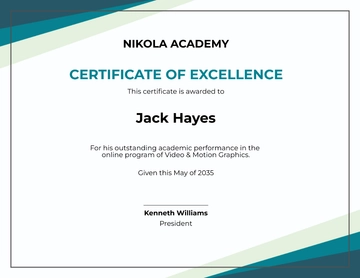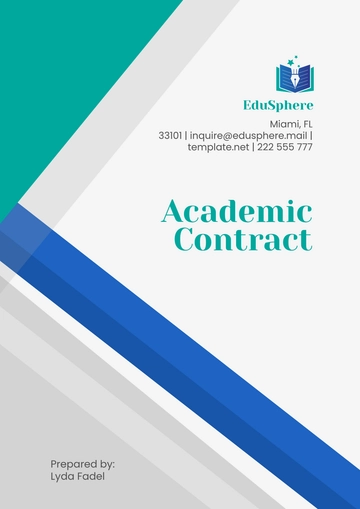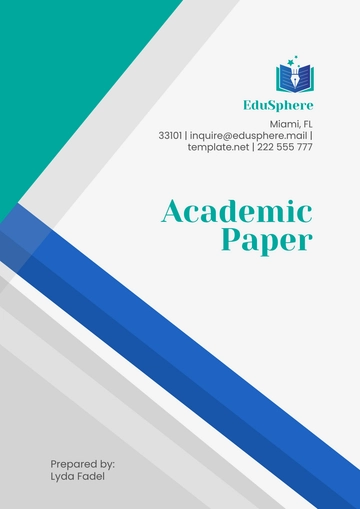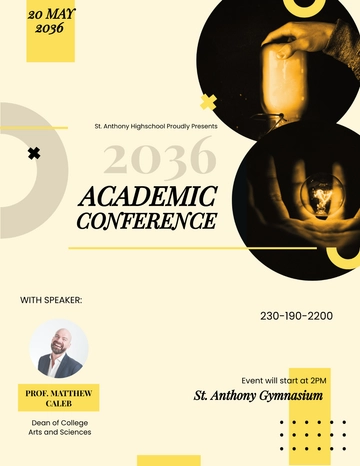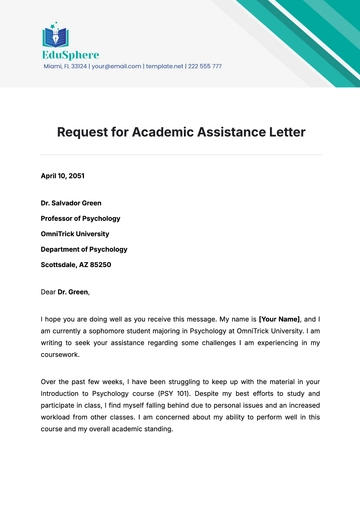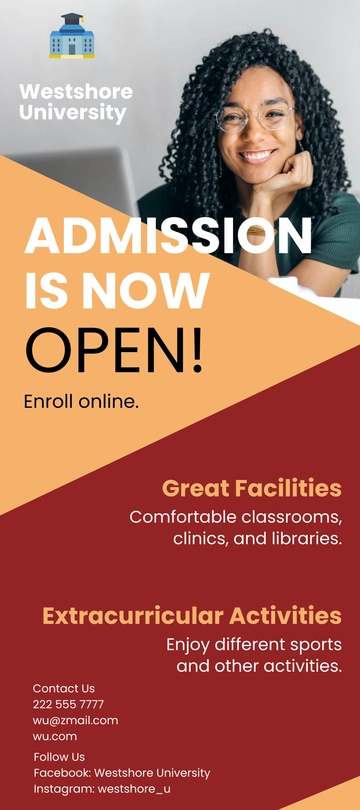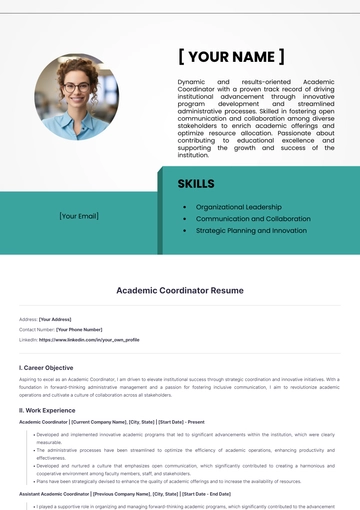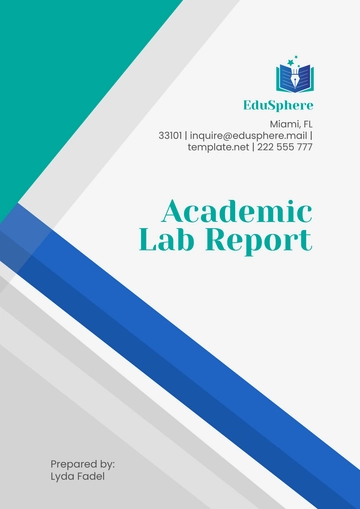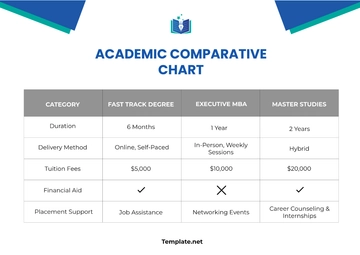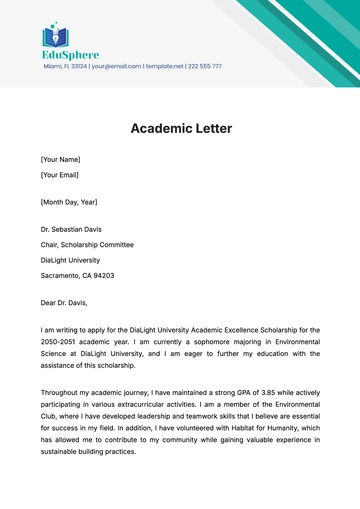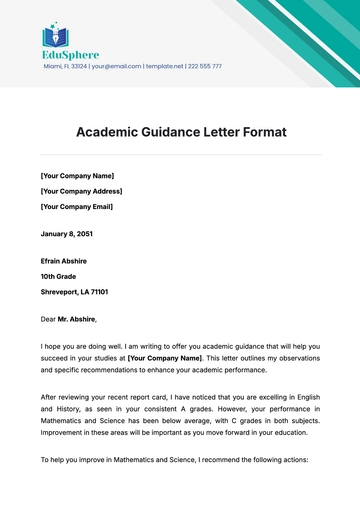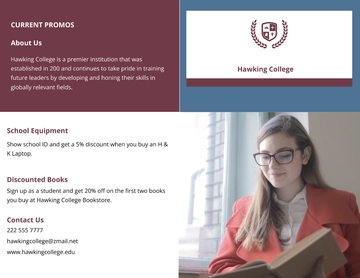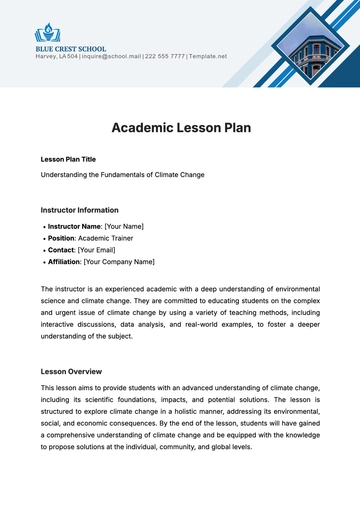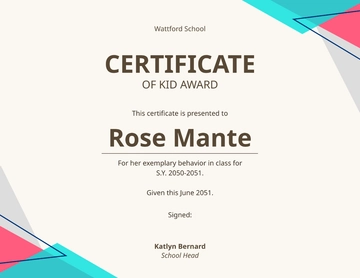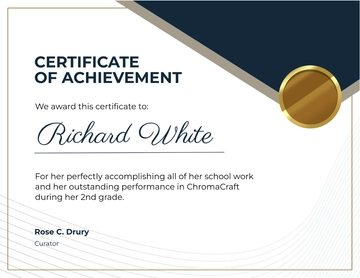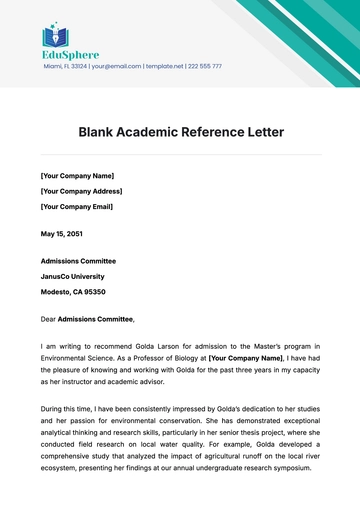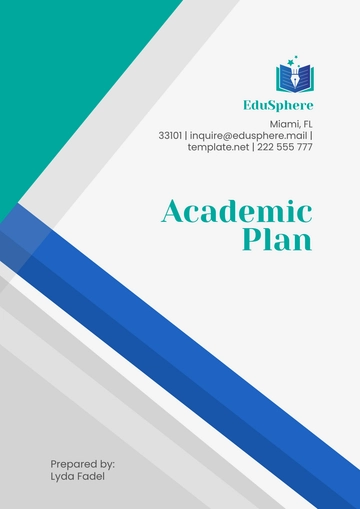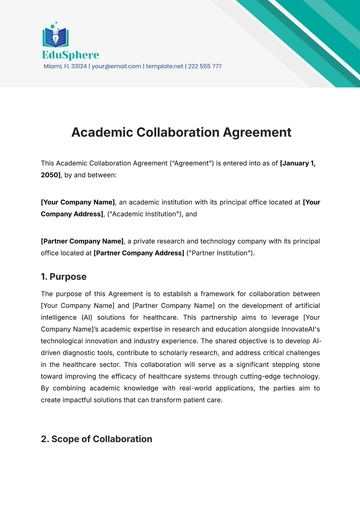Printable Academic Case Study
Enhancing Learning Outcomes Through Blended Learning in Higher Education
Written by: [Your Name]
I. Introduction
The advent of digital technologies has significantly transformed educational systems, especially in higher education. This case study investigates the effects of blended learning on student outcomes at [Your University Name]. Blended learning, which combines traditional classroom instruction with online learning, has been touted as a way to engage students and improve performance. This study examines whether blended learning approaches can positively influence student learning outcomes in university-level courses.
II. Background
In recent years, higher education institutions have increasingly incorporated online components into traditional course structures. This shift is in response to the growing accessibility of technology and student demand for more flexible learning environments. [Your University Name] launched its blended learning program in 2048 to modernize its curriculum and cater to diverse learning preferences. The courses under investigation in this case study come from the Business Administration department, a discipline that has adopted digital tools extensively.
III. Problem Statement
While the implementation of blended learning has garnered interest, its effectiveness in improving academic performance remains debated. Some students report higher engagement, while others struggle with the online components. Additionally, instructors vary in their ability to adapt to new teaching technologies. This case study seeks to address the following questions:
Does blended learning improve student engagement and retention rates?
How does the inclusion of online learning components affect students' final grades and overall course satisfaction?
What challenges are instructors facing in implementing blended learning effectively?
IV. Methodology
A. Sample Selection
The study sampled two groups of students from the Business Administration program. The control group consisted of 50 students who took the traditional classroom-based course, while the experimental group consisted of 50 students enrolled in the blended learning version of the same course.
B. Data Collection
Data were collected through surveys, focus group discussions, and academic performance reports. Surveys were administered at the beginning and end of the semester to capture student satisfaction and engagement levels. Academic performance was measured using final course grades, while focus group discussions provided qualitative insights into student and instructor experiences.
C. Data Analysis
Quantitative data were analyzed using statistical methods to compare average grades, retention rates, and course completion rates between the control and experimental groups. Qualitative data from the focus group discussions were analyzed using thematic analysis to identify common themes related to student and instructor experiences.
V. Findings
A. Student Performance
The blended learning group showed an average increase in final grades by 7% compared to the traditional learning group. Additionally, the retention rate of the experimental group was 90%, higher than the 75% retention rate observed in the control group.
B. Student Engagement and Satisfaction
Survey results indicated that 85% of students in the blended learning group felt more engaged, primarily due to the flexibility of online materials. However, 15% expressed frustration with technical issues and difficulty staying motivated with online assignments.
C. Instructor Challenges
Instructors reported mixed feelings about the transition to blended learning. While they appreciated the flexibility and increased access to learning resources, 40% mentioned they struggled to balance online and in-person teaching responsibilities. Technical support was cited as insufficient by 30% of instructors, and they felt they needed more training to manage the digital platforms effectively.
VI. Discussion
The findings suggest that blended learning can improve academic performance and student engagement in higher education settings. However, for this approach to be successful, adequate technical infrastructure and training for instructors are necessary. The 7% increase in final grades is significant and may indicate that students benefit from the self-paced aspect of online learning. Nevertheless, the frustration some students experienced highlights the importance of designing user-friendly digital platforms.
VII. Conclusion
This case study demonstrates that blended learning can positively impact student outcomes in higher education. However, successful implementation depends on addressing both student and instructor challenges. Universities must invest in technical support, instructor training, and student guidance to fully realize the potential benefits of blended learning.
VIII. Recommendations
Provide ongoing training and support for instructors to effectively manage the digital components of their courses.
Improve the technical infrastructure to ensure seamless integration between in-person and online components.
Develop student-centered online platforms that prioritize ease of use and engagement.
Monitor and evaluate the long-term impact of blended learning on student retention and academic performance.
Case Study Templates @ Template.net
